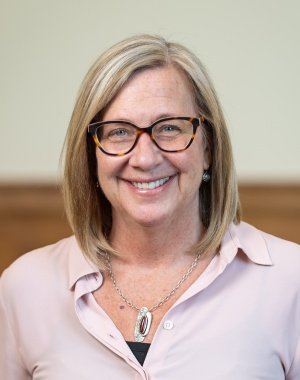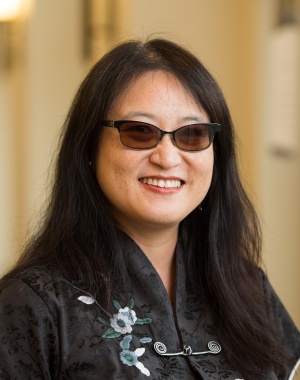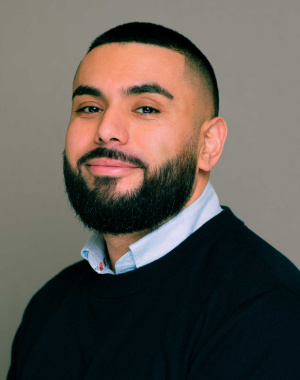Dean's Symposium - Racial Justice and Public Policy: Complexities, Challenges, and Priorities for Reform
Speaker
Cathy Cohen, E. Patrick Johnson, Paula Lantz, Ann Chih Lin, Mo TorresDate & time
Location
Have a question for our panel? Submit your question at: https://myumi.ch/4rPZ4
In this session, five successful academicians from a variety of disciplines will discuss their work and perspectives regarding racial justice and public policy. Panelists will discuss the role of public policy in both contributing to and addressing racial inequities from domestic and international perspectives. Panelists will share insights from their own teaching, research, and community and policy engagement work. This session will also include a discussion of current legislative threats to DEI programs and teaching/research regarding racial injustice at public educational institutions in the United States.
This event is part of the Dean's Symposium. For more information about the other panels and keynotes, please click here.
From the speakers' bios:
Cathy J. Cohen is the David and Mary Winton Green Distinguished Service Professor at the University of Chicago. She formerly served in numerous administrative positions, including chair of the Department of Political Science, director of the Center for the Study of Race, Politics and Culture and deputy provost for Graduate Education at the University of Chicago. She is the recipient of numerous awards, a member of the American Academy of Arts and Sciences and co-editor with Frederick Harris of a book series at Oxford University Press entitled “Transgressing Boundaries: Studies in Black Politics and Black Communities.”
E. Patrick Johnson is Dean of the School of Communication and Annenberg University Professor at Northwestern University. He is a 2020 inductee into the American Academy of Arts and Sciences. Johnson is a prolific performer/scholar, and an inspiring teacher, whose research and artistry has greatly impacted African American studies, Performance Studies, Gender and Sexuality studies.
Ann Chih Lin is an associate professor of public policy at the Gerald R. Ford School of Public Policy and director of the Lieberthal-Rogel Center for Chinese Studies. Lin studies policy implementation: the provisions that make policy easy or difficult to implement, the beliefs and behavior of people who implement policies, and the reactions of those who are targeted by policy. She is especially concerned with policy implementation in the context of racial and ethnic difference. Her recent work examines national, racial, and ethnic differences in beliefs, behavior, and the experience of the COVID-19 pandemic.
Paula Lantz is the James B. Hudak Professor of Health Policy and director of undergraduate programs at the University of Michigan's Gerald R. Ford School of Public Policy. She also is a University Professor of Diversity and Social Transformation and professor of health management and policy in the School of Public Health. Lantz, a social demographer/social epidemiologist, studies the role of public policy in improving population health and reducing social disparities in health. Lantz is currently engaged in research regarding abortion policy, housing policy, and on how COVID-19 continues to exacerbate existing social, economic, and health inequities in the United States.
Mo Torres is a Michigan Society of Fellows (MSF) postdoctoral scholar and assistant professor at the Ford School and in Sociology (LSA) for a three-year term. His research and teaching interests are in political economy, urban politics, and race-class inequality. His current book project explores the politics of fiscal crisis and urban austerity in Michigan from the 1970s to the present. Other projects include independent and collaborative work on neighborhood inequality, banking and payday lending, policing, and the sociology of race and racism. He will work closely with the Ford School’s Center for Racial Justice.



